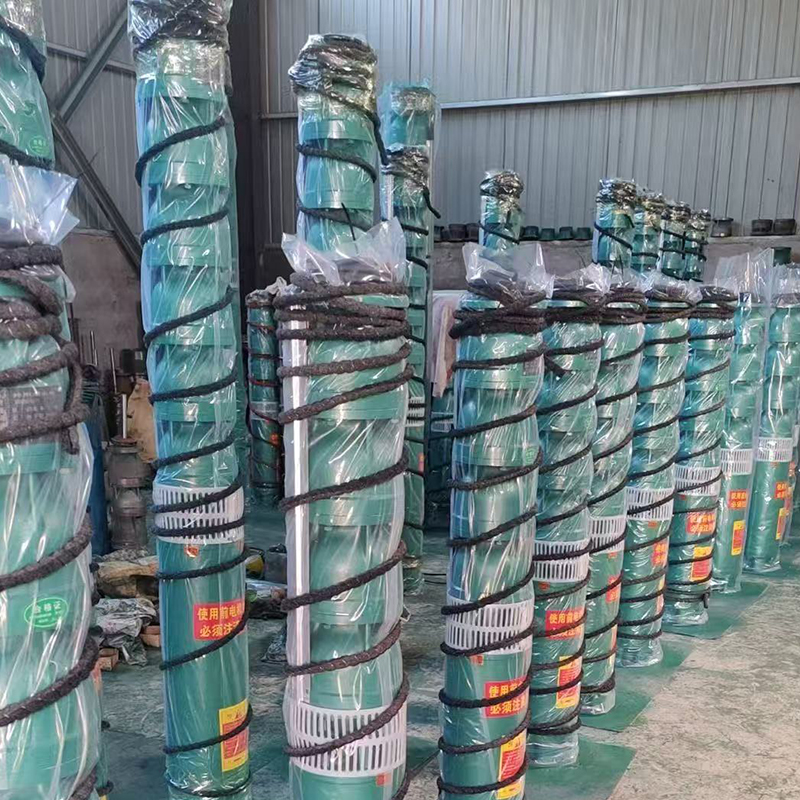Slurry Pumps: Your Go-To Guide for Common Questions
Introduction to Slurry Pumps
Hey there! If you've stumbled upon this article, you're probably asking yourself, "What in the world is a slurry pump?" Well, fret not! We're here to clear the murky waters. A slurry pump is designed to move mixtures of liquid and solid particles, and it plays a crucial role in various industries like mining, construction, and wastewater treatment. Ready to dig deeper? Let’s dive in!
What Exactly is a Slurry Pump?
Picture this: you're at a construction site, and there's this thick, gooey mix of mud and water that needs transporting. Enter the slurry pump, the unsung hero of fluid mechanics! These pumps can handle the heavy lifting—literally. They’re engineered to move abrasive and viscous materials without breaking a sweat.
Why Use a Slurry Pump?
So, why should you consider using a slurry pump? Well, for starters, they’re highly efficient and can significantly reduce downtime. Whether you're dealing with sludge from a wastewater treatment plant or slurry from a mining operation, these pumps make the job a whole lot easier. Plus, they come in various designs tailored to specific needs—talk about versatility!
Common Questions About Slurry Pumps
Now, let’s tackle some common questions folks often have about slurry pumps. You know, the burning queries that keep people up at night!
1. How Do I Choose the Right Slurry Pump?
Choosing the right pump can feel like finding a needle in a haystack. You need to consider factors like the type of slurry, viscosity, and the distance the slurry needs to travel. A little research goes a long way, folks! Don’t forget to consult with an expert if you’re feeling a bit overwhelmed.
2. What Maintenance Do Slurry Pumps Require?
Maintenance is key! Regular inspections and cleaning can prolong the life of your pump. Check seals, bearings, and impellers regularly. A stitch in time saves nine, right? Keeping your pump in tip-top shape can save you from costly repairs down the line.
3. Can Slurry Pumps Handle Corrosive Materials?
Absolutely! Many slurry pumps are designed to handle corrosive materials. However, it’s crucial to select the right materials for your pump construction. Stainless steel, for instance, is a popular choice for handling aggressive slurries.
4. How Do I Troubleshoot Slurry Pump Issues?
Ah, troubleshooting! It can feel like a maze at times. If your pump isn’t working as it should, check for blockages, ensure proper alignment, and look for signs of wear and tear. Many issues can be resolved with a little elbow grease and patience!
Tips for Optimal Slurry Pump Performance
Want to get the most out of your slurry pump? Here are some quick tips:
- Monitor the pump's performance regularly.
- Ensure adequate flow rates to avoid cavitation.
- Keep the pump clean to prevent wear on components.
- Invest in quality parts for repairs and replacements.
Conclusion: Embrace the Slurry Pump!
In conclusion, slurry pumps are a vital part of many industries and can save you time and money when used correctly. So, the next time you're grappling with a thick mixture, remember the trusty slurry pump is there to lend a helping hand. Now go out there and pump it up!
TAG:
Related Posts
Navigating the Waters of Industry: The Power of Slurry Pumps













